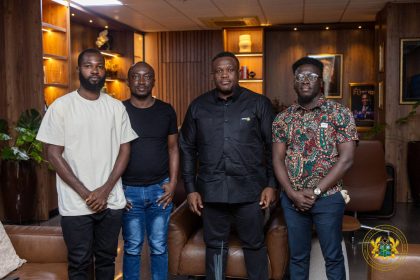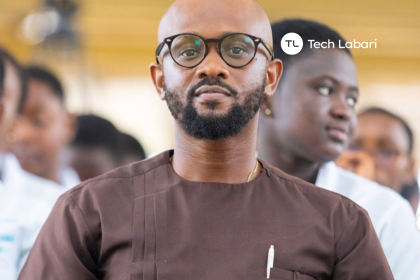Last week, we got an invite to the Google office in Accra to find out what the Google Research team had been working on for AI.
Google’s research team is tackling some of Africa’s most pressing challenges by using cutting-edge artificial intelligence (AI) and machine learning (ML) research.
We were entreated to some presentations and demos on projects that the team is working on including predicting floods and mapping buildings, all of which could make a real difference in the lives of millions of Africans.
Weather Forecasting
One of the team’s projects is improving weather forecasting. In Africa, accurate weather predictions are crucial for farmers, who rely on rain for their crops. However, traditional forecasting methods are often inaccurate and unreliable due to a shortage of radar weather stations.
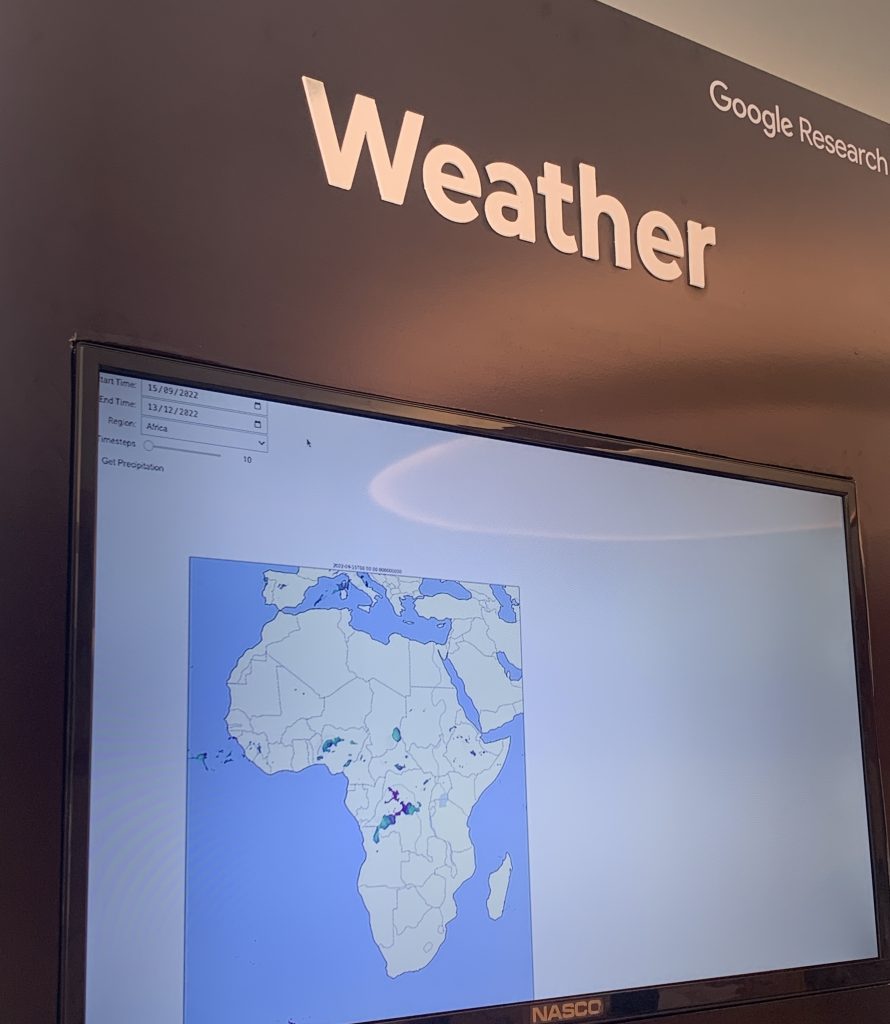
As of 2023, there are only 37 operational weather radar stations across the entire continent of Africa. This is a stark contrast to the combined 636 stations present in the United States and the European Union
To address this, Google’s team is using AI to develop a new weather forecasting system that is more accurate and tailored to the specific needs of African farmers. The system uses data from a variety of sources, including satellite imagery, and radar.
This data is then fed into a machine-learning model that can predict weather patterns with greater accuracy.
Flood Forecasting
Another major challenge facing Africa is flooding. Floods can cause widespread damage and displacement, and they are becoming more frequent and severe due to climate change.
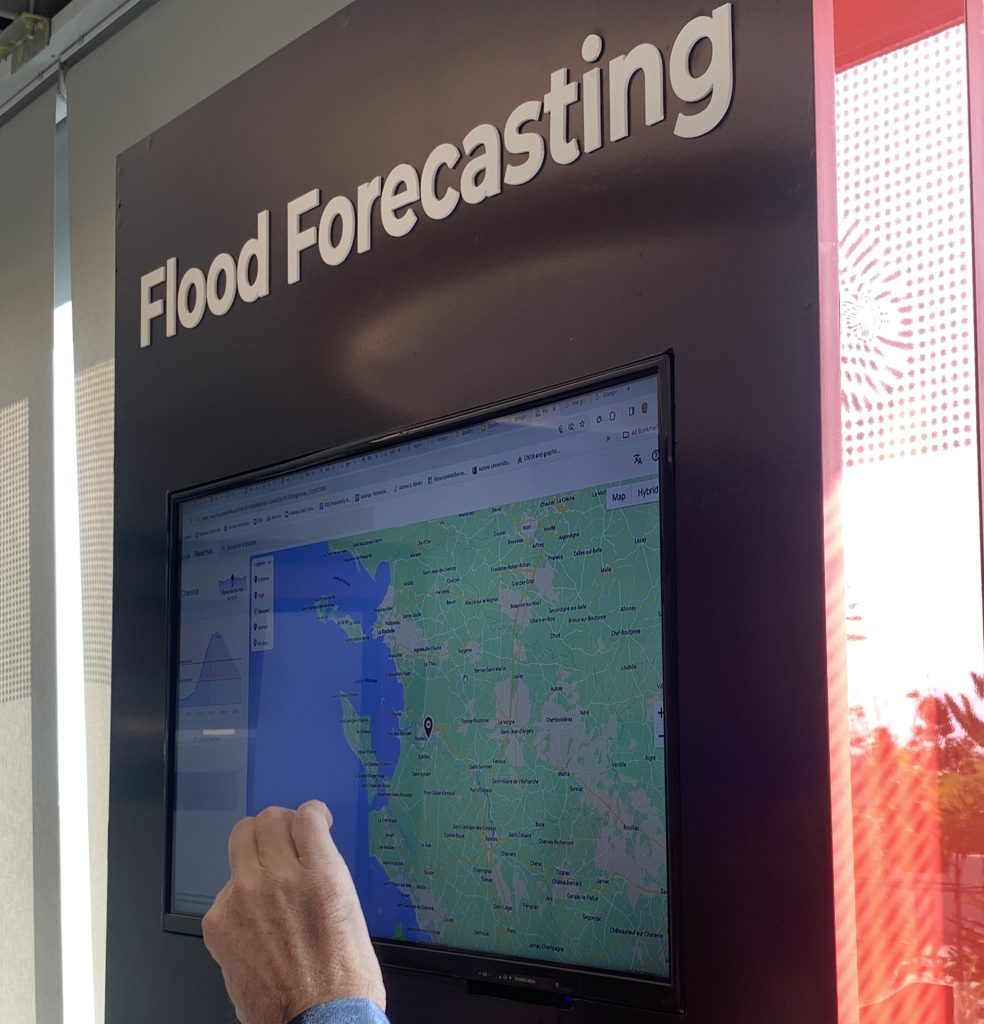
Google’s research team is developing a flood forecasting system that can predict floods using satellite imagery and machine learning. This system will provide local authorities with early warning of potential floods, allowing them to take steps to evacuate people and protect property.
Open Buildings
One of the team’s most ambitious projects is mapping all the buildings in Africa with a project called “Open Buildings“. This project is using AI to analyze satellite imagery and identify buildings. The team has already mapped over 250 million buildings in Africa, and they are working to map the remaining buildings as quickly as possible.
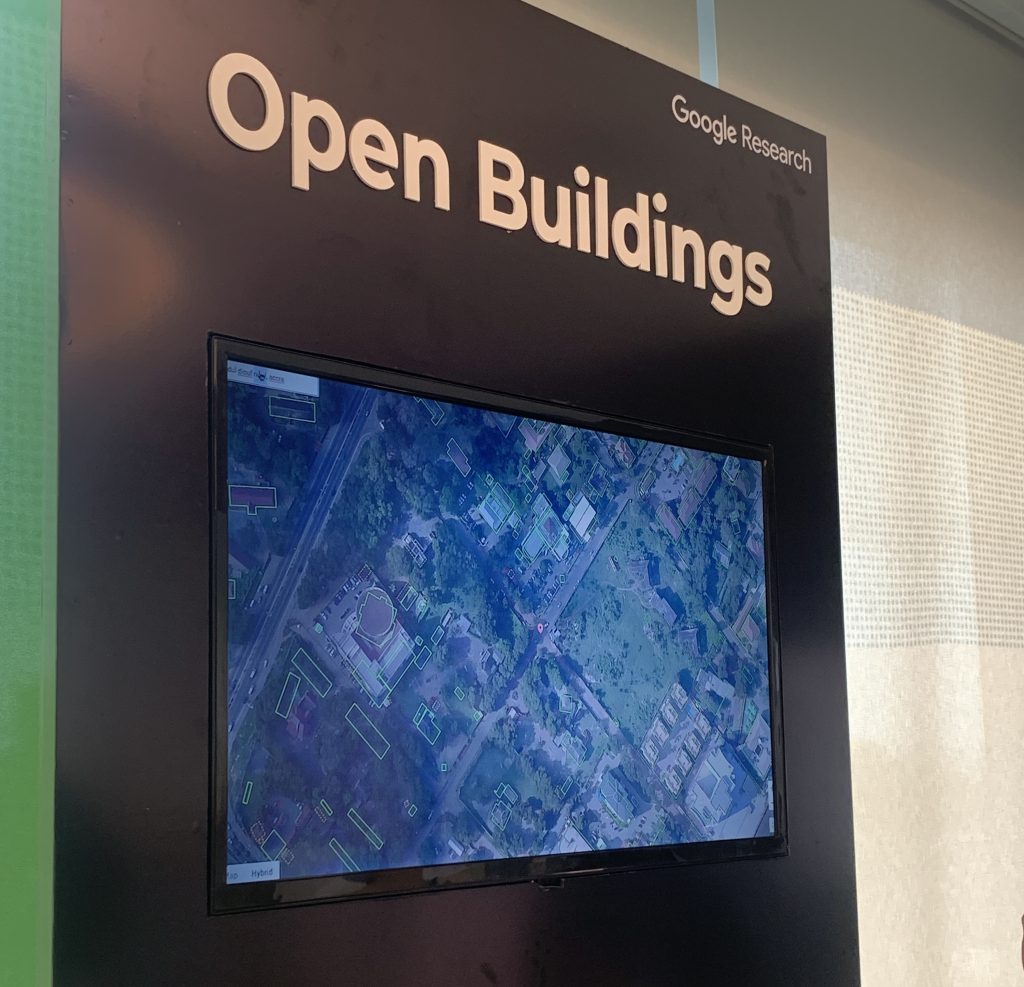
This data will be used to improve a variety of Google products, including Maps and Search. It will also be made available to researchers and developers, who can use it to create new applications and services that benefit Africans.
Catch up on news and other tidbits on our WhatsApp Community Page, Twitter/X, and subscribe to our weekly newsletter to ensure you don’t miss out on any news.






